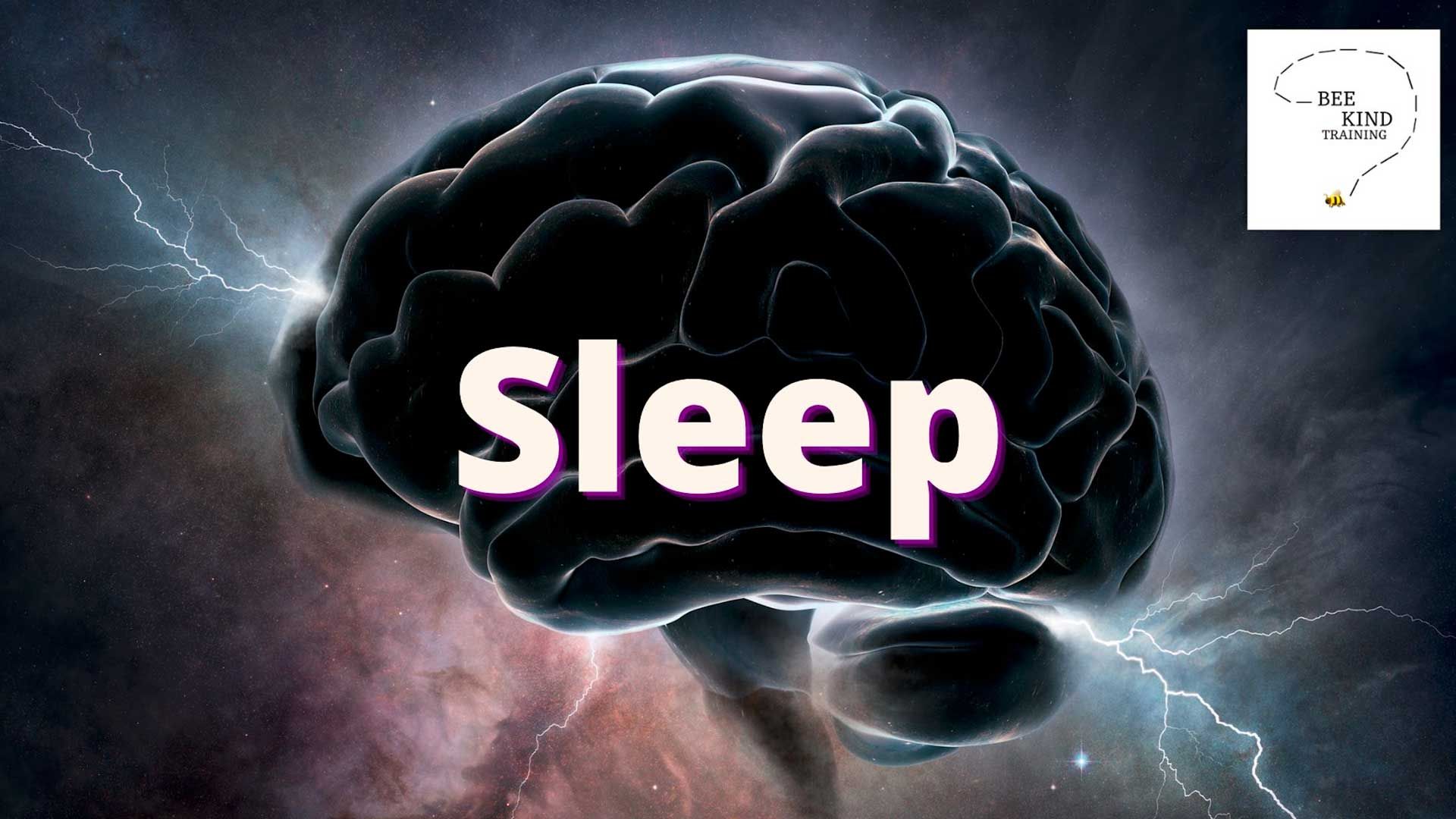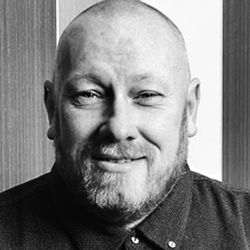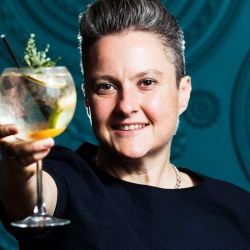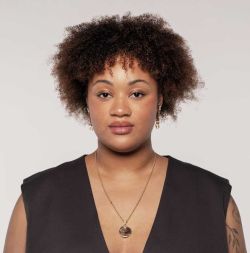
The reality of sleep and the long-term implications for those who work in the night life economy.
As a headteacher in Liverpool, I saw the impact of poor sleep patterns on the students walking through the door, their inability to take on new learning, short tempers and physical exhaustion. However, that was not my initial reason for studying sleep. My son was working in a bar/nightclub in Manchester and struggling with long hours, late nights and early starts, and trying to manage Epilepsy. As a mother who, over the past 15 years, has studied Neurophysiology to give my son the best opportunities and understanding of his condition, I’d overlooked sleep as it didn’t seem relevant until he started to work in the nightlife economy. I know first-hand the positive experiences of working in nightlife settings and I didn’t want my son to miss out on the possibility of experiencing them, especially when his dad had DJ’d all over the North West and had built a life and career in the nighttime economy.
More recently, I’ve been training sleep in schools across Liverpool, training staff, pupils and parents and working with London-based menopause group to help them understand the changes in sleep over a lifetime. Evidence shows that this training has profoundly impacted all the groups. No matter what age, sex or group you belong to, poor sleep patterns can creep in and affect mental and physical health. Ultimately the more we can learn about improving sleep, the science behind it and how to develop good habits, the better the long-term benefits.
I think within all roles and responsibilities, whether the nightlife economy or shift work, health workers, emergency services, industry, education etc. there is a lack of understanding about the importance of sleep. On one of my recent visits to A&E with my son, I had several staff members asking questions about sleep. I did get a sense of giving back to those who took amazing care of him but it did concern me that they’d didn’t know enough, when their job is impacting so heavily on their sleep patterns. Let’s face it, in an ideal world we’d all have lovely circadian rhythms of sleep giving us wonderful opportunities to heal, make sense of the day, making new space for learning tomorrow, etc. We’d go to bed at 10 pm, waking at 6 am - feeling fresh as a daisy, however in that fantasy there’d be no DJ’s, bar staff, door staff, promoters, hotels, restaurants and lovely doctors and nurses to look after my son if his brain decided to send us a curve ball.
So instead of solely focusing on the harms that a lack of sleep can have on the body (important to know from a mental health perspective, hormone levels and your ability to press the break on the car), I like to focus on understanding sleep, what really is going on in the brain during sleep and how to maximise what sleep you get.
Some of my top tips for improving sleep patterns include:
- Create a SLEEP INDUCING ENVIRONMENT
- Establish a PRESLEEP ROUTINE
- Avoid CAFEINE, STIMULANTS BEFORE BED
- Using LIGHT TO YOUR ADVANTAGE
- Develop your understanding of HOW TO CREATE SLEEP PRESSURE
See if you can improve your mental health because one small shift in improving your sleep pattern (whenever that it) this can have a positive ripple effect on all the elements of your life.
Jane Pepa
Merseyside Violence Reduction Partnership
CONFIRMED CONFERENCE SPEAKERS

Paul Dillon

Owen Bowden-Jones

MICHAEL KILL

Mark A. Bellis

LAURA WILLOUGHBY





